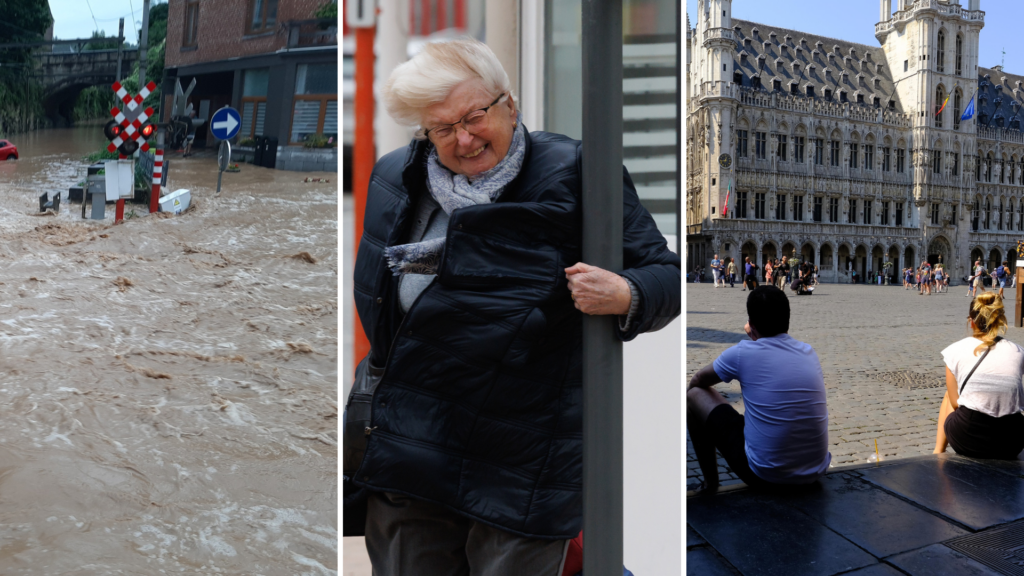As a result of the pandemic, severe storms and scorching summers in recent years, Belgians have become more prepared for such crises. For others, it seems they are less equipped.
Belgians are best prepared for the risks they face often, such as severe thunderstorms, pandemics and heatwaves. They largely take adequate measures to respond when they happen: from drinking enough water in heatwaves to saving water during drought and securing garden furniture before a storm.
However, for hazards that are less common in the country, such as a large-scale electricity blackout or a nuclear accident, they are less prepared, a study conducted by the National Crisis Centre together with research agency Independent Minds and Ghent University found.
Negative emotions?
The study looked at various risks, from natural disasters and technological crises to health and security risks. It found that, while more people indicated that they have researched information about heatwaves (47%) and cyber attacks (38%), only 14% are prepared for other types of crises, such as an industrial accident or an earthquake.
"The risks that people are less able to deal with are risks that they are less likely to be faced with, which also means that knowledge about the risk and preventive measures to protect themselves is much more limited," the report read.
Despite floods being increasingly common in Belgium, especially in the south of the country, researchers found that just 15% of citizens see this extreme weather event as an imminent threat.
Researchers explained this by pointing to the correlation between the intention to take measures and the familiarity with what can be done as well as the negative emotion evoked by the threat of the risk.
"In other words, the intention to take measures can thus be strengthened by increasing their familiarity and by strengthening the sense of threat (where necessary, to bring the perception more in line with the actual threat)," they explained.
Building society's resilience
The majority of respondents stated in the survey that they would like to receive more information about new risks and how to deal with them.
"Society's resilience starts with the individual. A citizen who is well prepared for emergencies contributes to the resilience of our entire society," Bart Raeymaekers, Director-General of the National Crisis Centre, said.
Related News
With the results of the study — which is the first to detail how Belgians deal with social risks on such a wide scale — the National Crisis Centre will conduct more targeted information campaigns to better inform the population about risks in Belgium.
"We can now work in a more targeted way and, above all, respond better to the information needs and requirements of the various population groups."

